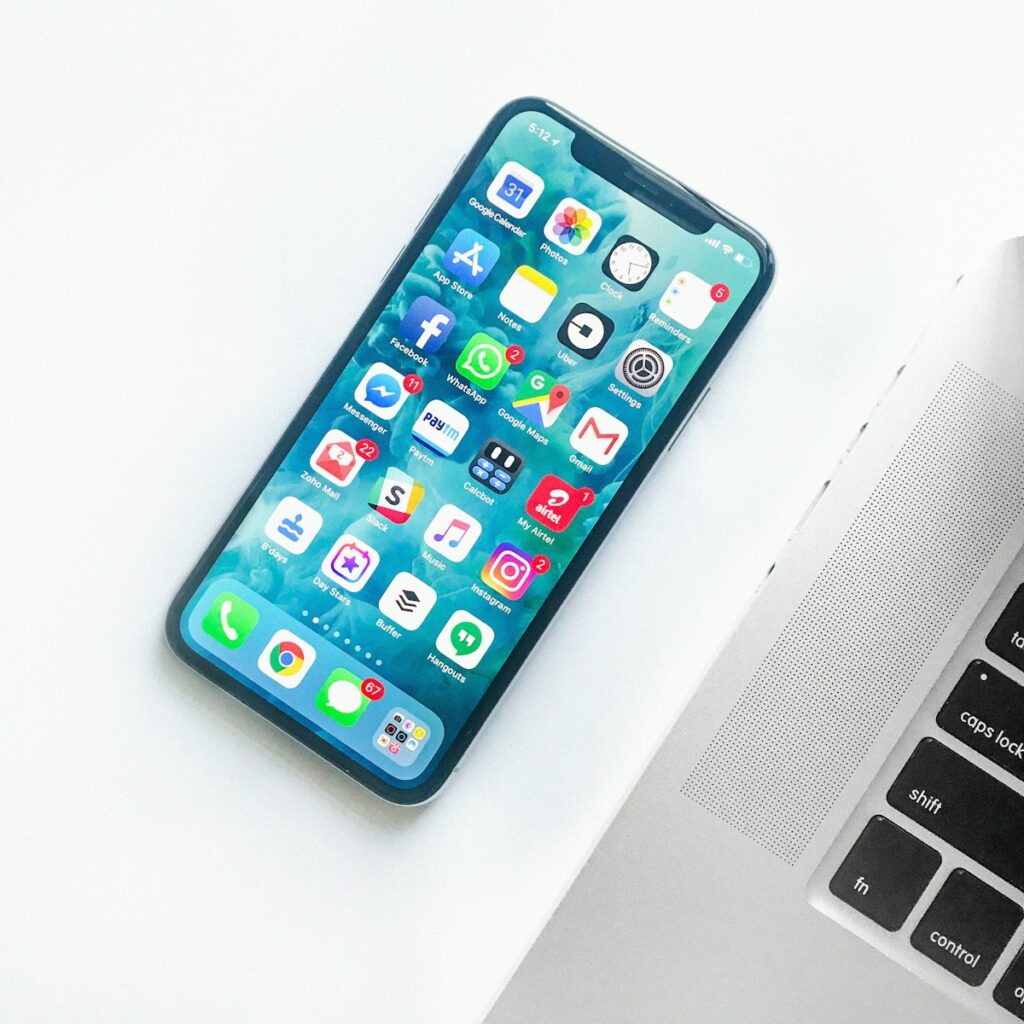In today’s fast-paced world, convenience has evolved from a simple comfort into an everyday expectation. Technology, instant services, and digital tools have reshaped the way we live, allowing us to get what we want with minimal effort. But while convenience can make life easier, it can also quietly create dependency. Many people no longer realize how deeply this culture of instant access affects their patience, attention, and overall satisfaction. Psychologists warn that constant reliance on convenience may limit creativity and resilience. Recognizing the signs of this addiction is the first step toward finding balance. Here are ten subtle but telling indicators that you might be caught in the trap of convenience culture.
1. You Order Delivery Even When Cooking Is Easy

Ordering food when cooking is simple can reveal dependence on instant gratification. Preparing meals provides creative expression, sensory engagement, and emotional satisfaction, but the ease of delivery often outweighs these benefits. Psychologists suggest that cooking encourages mindfulness, patience, and healthier eating habits. Constantly opting for takeout reduces opportunities for self-care and can lead to feelings of disconnection from daily routines. While delivery is convenient, cooking a basic meal can restore appreciation for effort and creativity. Taking time to prepare food occasionally reintroduces balance and nurtures both body and mind through the joy of accomplishment.
2. You Get Frustrated When Things Aren’t Instant

If waiting for a video to load or standing in line feels unbearable, you might be too accustomed to instant results. Convenience culture trains the brain to expect immediate satisfaction, making patience harder to maintain. Psychologists explain that this constant rush can increase stress and reduce emotional tolerance. When things slow down, irritation often follows because the mind craves speed. Reconnecting with slower moments helps retrain focus and calmness. Practicing mindfulness or intentionally waiting without distraction builds resilience. Learning to enjoy small pauses can transform frustration into peaceful awareness and improve emotional balance over time.
3. You Rely on Apps for Every Task

Using apps for every task, from remembering errands to counting steps, can weaken self-reliance and natural memory. While digital tools simplify life, they can make everyday problem-solving feel unnecessary. Psychologists warn that overusing technology may limit cognitive engagement and creativity. Writing lists by hand, keeping a physical calendar, or performing simple calculations manually strengthens brain connections. Doing things without digital assistance fosters confidence and control. Balancing technology with independent habits preserves critical thinking. Using fewer apps is not about rejecting modern tools but about maintaining an active, adaptable mind capable of managing tasks without constant digital guidance.
4. You Choose the Easiest Option Every Time

Always picking the easiest route, whether for errands, meals, or entertainment, can signal an overreliance on convenience. While it saves time, it also reduces curiosity, resilience, and adaptability. Psychologists note that facing small challenges helps keep the brain flexible and the spirit engaged. When every choice prioritizes ease, the ability to handle complexity weakens. Choosing effort-based tasks occasionally, like walking instead of driving or fixing something manually, builds confidence and satisfaction. These moments of self-reliance foster independence and appreciation for progress. Avoiding shortcuts sometimes can make daily life more rewarding and strengthen problem-solving abilities naturally.
5. You Avoid Activities That Take Too Much Time

If reading a long book or cooking a slow meal feels overwhelming, it may be a sign of convenience addiction. People often favor fast, easy tasks that provide instant gratification rather than deeper engagement. Psychologists explain that quick habits shorten attention spans and reduce satisfaction. Slower activities promote focus, patience, and emotional regulation. Taking time for hobbies that require consistency, like gardening, painting, or journaling, strengthens mental endurance. Relearning to enjoy extended processes can renew appreciation for creativity and personal growth. Slowing down occasionally allows the mind to relax and experience genuine fulfillment.
6. You Feel Anxious Without Your Phone

Feeling uneasy when separated from your phone may indicate dependence on constant accessibility. Many rely on phones for connection, entertainment, and organization, which can blur the line between convenience and necessity. Psychologists say that this attachment triggers anxiety when technology is unavailable. Stepping away from devices helps restore mental clarity and emotional balance. Simple actions like taking a walk without your phone or enjoying a meal without screens encourage mindfulness. Reconnecting with the present moment strengthens awareness and independence. Reducing phone reliance allows space for genuine reflection, calmness, and real-world connection.
7. You Prefer Online Shopping for Everything

Online shopping simplifies errands, but when it replaces in-person experiences, it can diminish real-world engagement. Psychologists highlight that physical shopping stimulates the senses, promotes movement, and supports social interaction. Overreliance on online purchases can lead to impulsive spending and reduced patience. Occasionally, choosing to shop in stores helps rebuild decision-making control and strengthens focus. Experiencing the process of browsing, touching, and comparing items fosters appreciation for effort and choice. While digital shopping is convenient, balancing it with physical experiences maintains emotional connection and promotes mindfulness in daily living.
8. You Rarely Do Things Without Shortcuts

Shortcuts can be helpful, but relying on them for everything can weaken persistence. Constantly choosing pre-cut, pre-made, or automated options removes small but valuable opportunities for learning. Psychologists suggest that completing tasks manually stimulates problem-solving and creativity. Washing dishes by hand, folding laundry, or cooking from scratch encourages engagement and satisfaction. These acts build patience and self-discipline while reducing dependency on convenience tools. Avoiding shortcuts occasionally helps reestablish balance between ease and effort. Doing things yourself nurtures a sense of pride and fulfillment that quick solutions can never fully replace.
9. You Feel Overwhelmed Without Automation

Automation simplifies routines, but heavy dependence on it can cause stress when systems fail. If forgetting a digital reminder or losing Wi-Fi disrupts your day, it may signal overreliance. Psychologists explain that automation can reduce cognitive effort, but too much can weaken adaptability. Practicing simple habits without technology, like writing reminders or organizing manually, strengthens independence. Learning to manage tasks without digital help promotes confidence and flexibility. A healthy balance between automation and personal control ensures smoother transitions when technology fails, fostering mental stability and resilience in an unpredictable world.
10. You Struggle to Enjoy Stillness

If quiet moments make you restless or uncomfortable, convenience culture may have conditioned you to seek constant stimulation. Psychologists observe that the modern need for instant engagement diminishes the ability to appreciate stillness. Taking time to pause, breathe, and reflect helps restore emotional awareness and balance. Practicing meditation or spending a few minutes in silence can calm the mind and improve focus. Learning to enjoy peaceful moments without distractions strengthens patience and mindfulness. Embracing stillness reminds us that not every second needs to be filled with activity for life to feel meaningful.
Comments